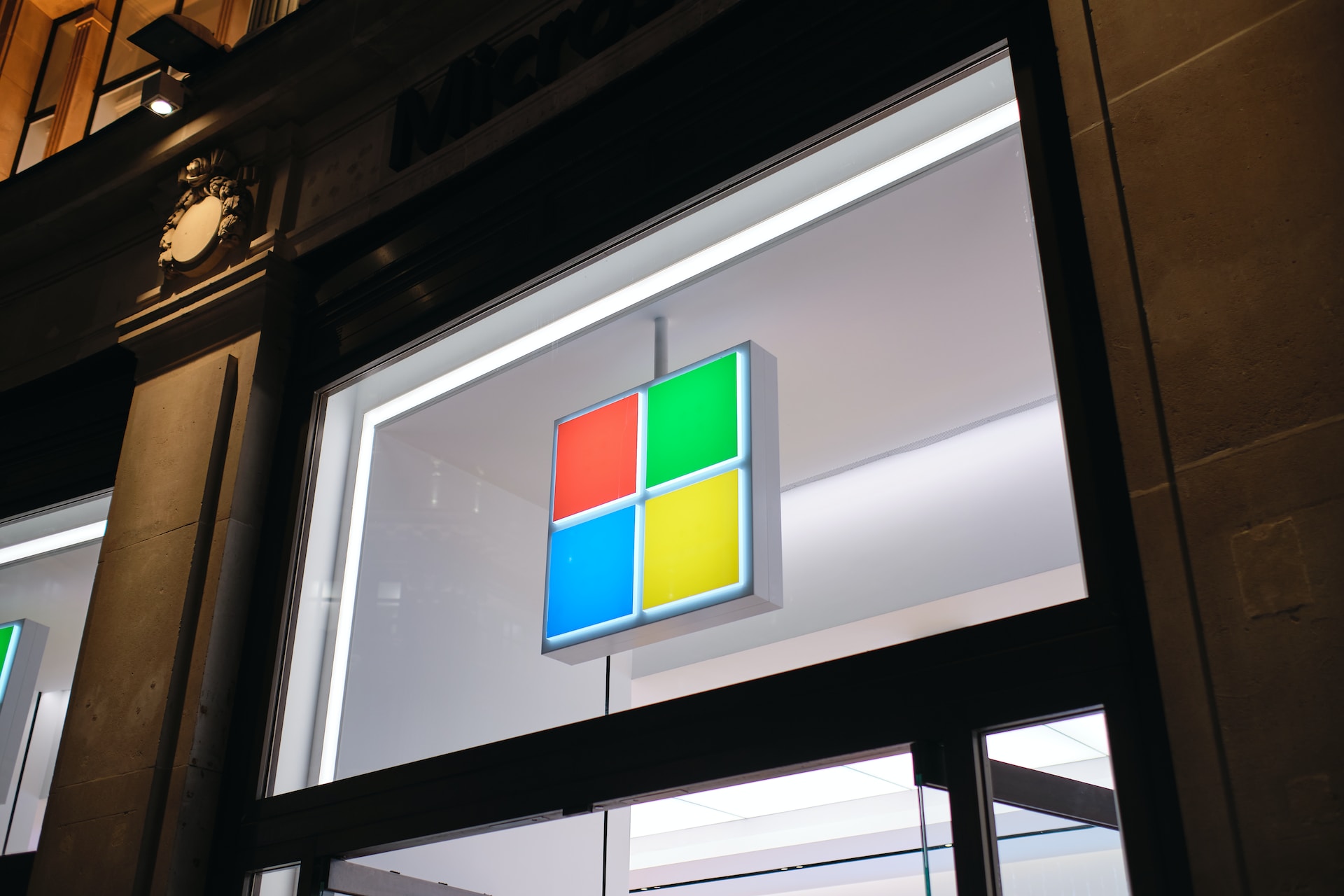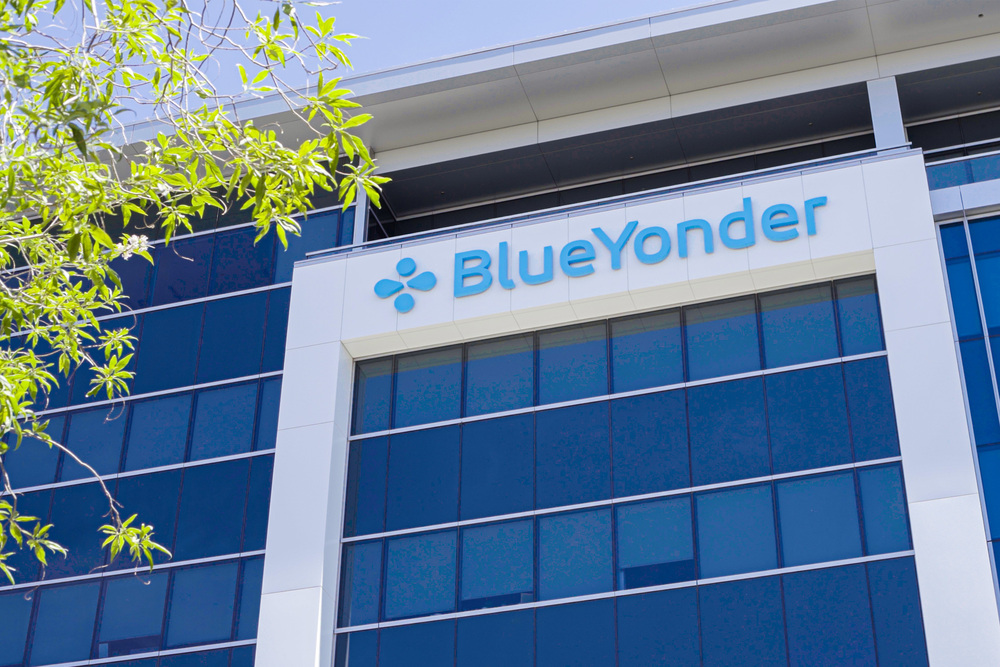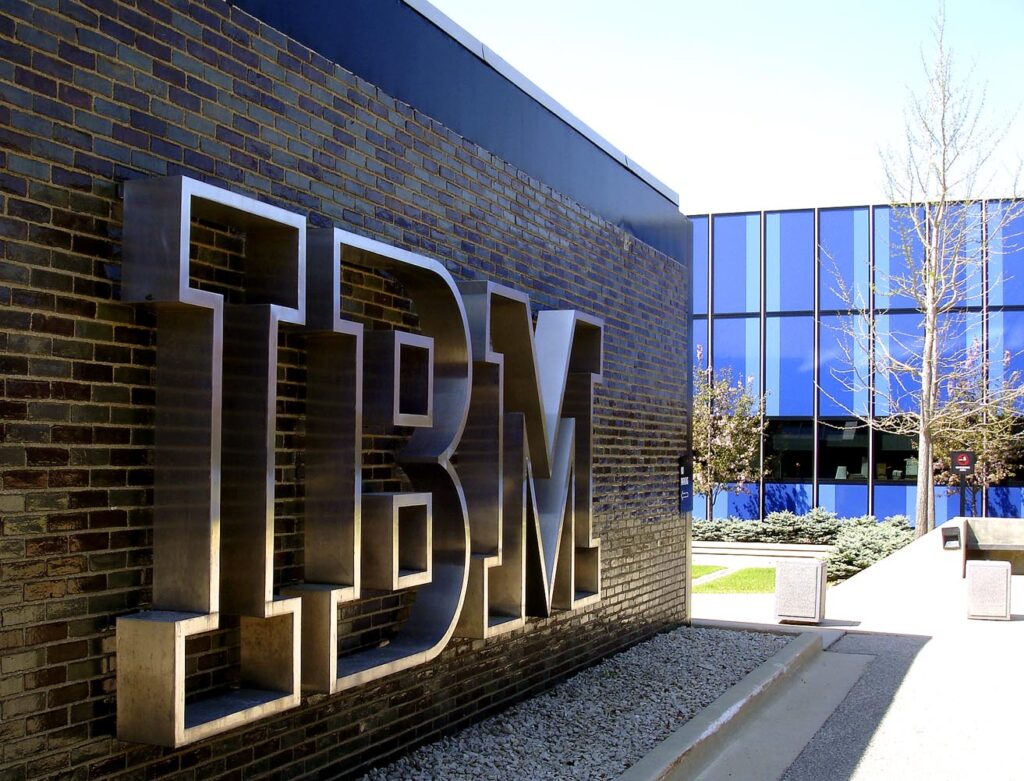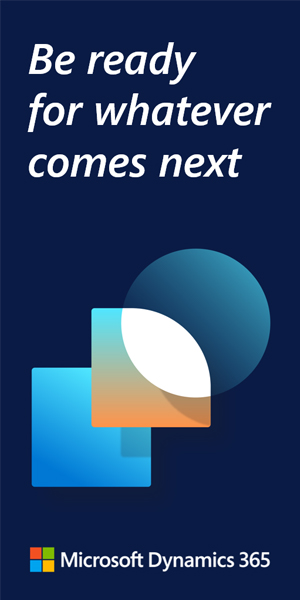Microsoft has announced new Copilot and demand planning capabilities for Dynamics 365 Supply Chain Management.
The latest Copilot capabilities for Dynamics 365 Supply Chain Management allow supply chain teams to take the next best action based on insights with conversational help while working. This aims to increase productivity and improve collaboration among employees across supply chain and other cross-functional teams. This capability is now available in public preview and will allow users across different functions to mitigate disruptions and automate workflows.
Microsoft is also adding new Copilot capabilities that will enhance inventory visibility and enable businesses to promise orders with improved accuracy. These capabilities will be available in public preview on 15 November and will enable organizations to boost their consumers’ buying experience.
Georg Glantschnig, VP, Dynamics 365 ERP, said: “Generative AI and Microsoft Copilot have opened the door for us to reimagine how workers and employees engage with their everyday tools and workflows. Empowering workers is no longer just about building new workspaces to work from, like control towers or command centers, but rather about how we surface relevant information and enable quicker decision-making in the flow of work.
“Copilot is redefining the art of the possible and with that, we are setting out to revolutionize how ERP workers engage with technology every day. Given this, we are ending our preview for Microsoft Supply Chain Center on Oct. 31, 2023. Going forward, we’ll be mainstreaming these data management and integration capabilities into the Microsoft Power Platform, enabling customers and their partners to use the full capabilities of the platform for a wider range of use cases.”
Daniel Newman, CEO, The Futurum Group, said: “Supply chain solutions have become more critical than ever. Our early assessment of the Copilot capabilities for Dynamics 365 Supply Chain Management suggests a significant improvement for the user experience, enabling organizations to unlock efficiencies and drive productivity gains.
“These desirable outcomes can be delivered in combination with the demand planning capabilities, positioning Microsoft as an industry leader in implementing generative AI into tools able to increase the productivity, collaboration and performance of employees at all levels of their organization.”
In addition to this, Microsoft and Siemens are expanding their partnership by bringing GenAI to industries worldwide. As a first step, the companies are introducing Siemens Industrial Copilot, an AI-powered jointly developed assistant aimed at improving human-machine collaboration in manufacturing.
The launch of the integration will pave the way to enabling the industrial metaverse and simplify the virtual collaboration of design engineers, frontline workers and other teams across business functions.
“With this next generation of AI, we have a unique opportunity to accelerate innovation across the entire industrial sector,” said Satya Nadella, chairman and CEO, Microsoft. “We’re building on our longstanding collaboration with Siemens and bringing together AI advances across the Microsoft Cloud with Siemens’ industrial domain expertise to empower both frontline and knowledge workers with new, AI-powered tools, starting with Siemens Industrial Copilot.”






